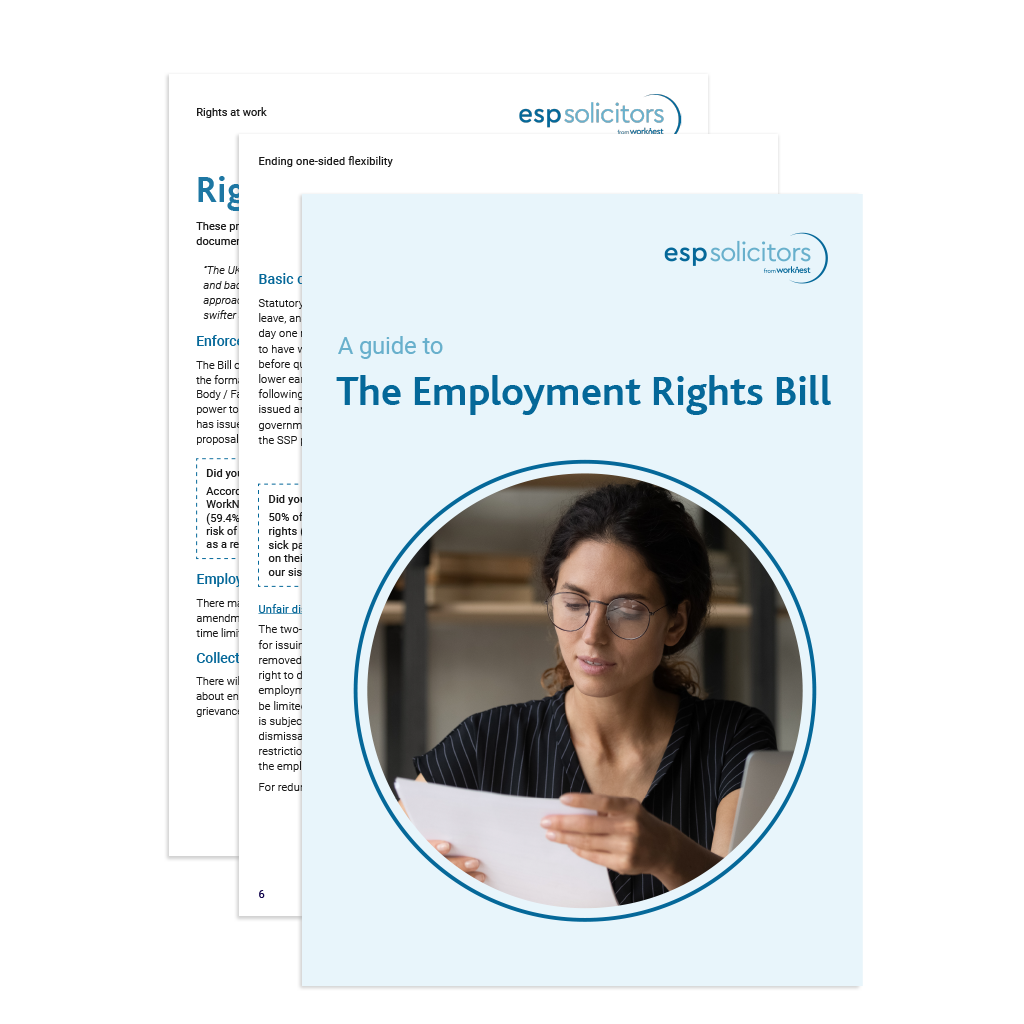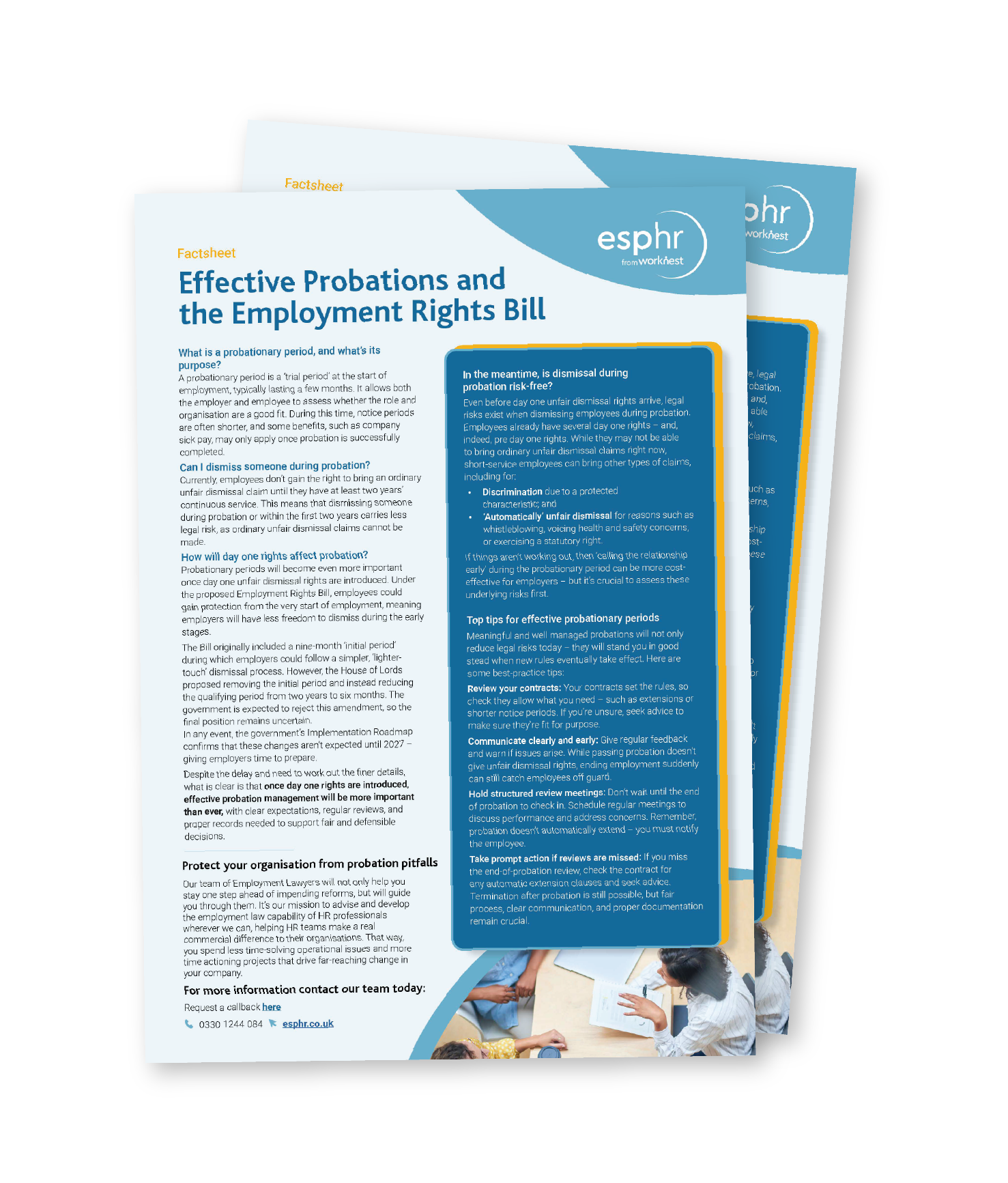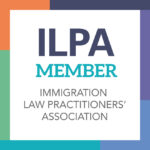The UK government’s recent immigration White Paper has proposed a significant shift in the settlement pathway for Skilled Workers. If implemented, the qualifying period for Indefinite Leave to Remain (ILR) could double – increasing from five to ten years.
This change would have far-reaching implications for migrant workers and the UK employers who rely on their skills.
In this blog, we explain what the White Paper says (and doesn’t say) and outline how employers can prepare and support their workforce through this period of uncertainty.
Understanding the White Paper: a potential shift in settlement policy
Published in May 2025, the immigration White Paper outlines a series of reforms. Among the most contentious is a proposal to extend the qualifying period for ILR – also known as “settlement” – from five to ten years for most visa categories, including the Skilled Worker route.
Currently, Skilled Workers can apply for ILR after five years of lawful residence in the UK. ILR offers long-term security, removes the need for continued sponsorship, and opens a pathway to British citizenship.
If the proposal goes ahead, migrants would need to remain on temporary visas for 10 years. This would mean multiple renewals and significantly higher costs in visa fees, Immigration Health Surcharge payments, and legal or administrative expenses.
What’s still unclear?
While the White Paper clearly set out the proposed direction of travel, several key questions remain unanswered:
- When will the changes take effect? No date has been confirmed for when the 10-year rule will come into effect.
- Will the changes apply retrospectively? It is not yet clear whether the new 10-year rule will only apply to new applicants or also affect those already on the five-year ILR track. However, current indications suggest it will be applied retrospectively, which could cause concern for workers nearing the five-year mark.
- Will there be transitional arrangements? There is no detail yet on whether transitional arrangements will be offered to those partway through the current five-year route.
- How will exemptions work? The White Paper mentions potential reductions to the 10-year period for migrants who “contribute” economically or socially – but it’s unclear how this will be measured or applied. A tiered approach to settlement eligibility may be introduced.
While the government has said that further consultation will take place before any changes are enacted, the lack of clarity is already creating legal and operational uncertainty for employers and employees alike.
5 steps employers should take now
With the proposed changes on the horizon, employers should act early to minimise disruption and support their sponsored workers.
- Audit your current sponsorships
Review your existing Skilled Worker sponsorships to identify employees who may be affected – particularly those approaching the five-year ILR threshold. - Encourage timely ILR applications
Where possible, support eligible employees to apply for ILR now, under the current five-year rule, before any policy changes take effect. - Plan for higher long-term costs
Prepare for the financial impact of extended visa renewals. This includes forecasting visa fees, Immigration Health Surcharge payments, and ongoing legal costs over a potential ten-year sponsorship period. - Keep your workforce informed
Communicate openly and clearly with affected employees. Empathetic, transparent communication can help ease concerns and demonstrate your organisation’s commitment to supporting international talent. - Have your say in the consultation
Participate in government consultations to ensure your industry’s voice is heard. Consider working with legal advisors or trade bodies to submit feedback on the proposed ILR reforms.
Final thoughts
While the proposed changes to ILR are not yet law, they represent a major shift in the UK’s immigration landscape. Employers who act now – by reviewing risk, supporting eligible employees, and planning for the future – will be best placed to manage the transition.
If you need help reviewing your sponsorship arrangements or preparing ILR applications, our team is here to support you.





